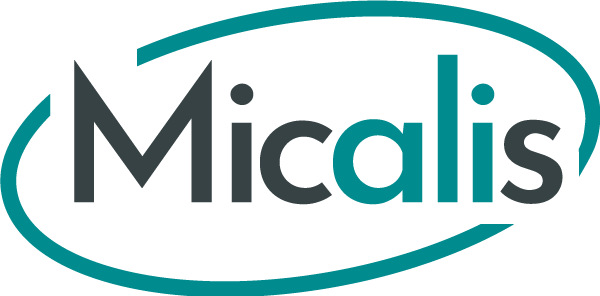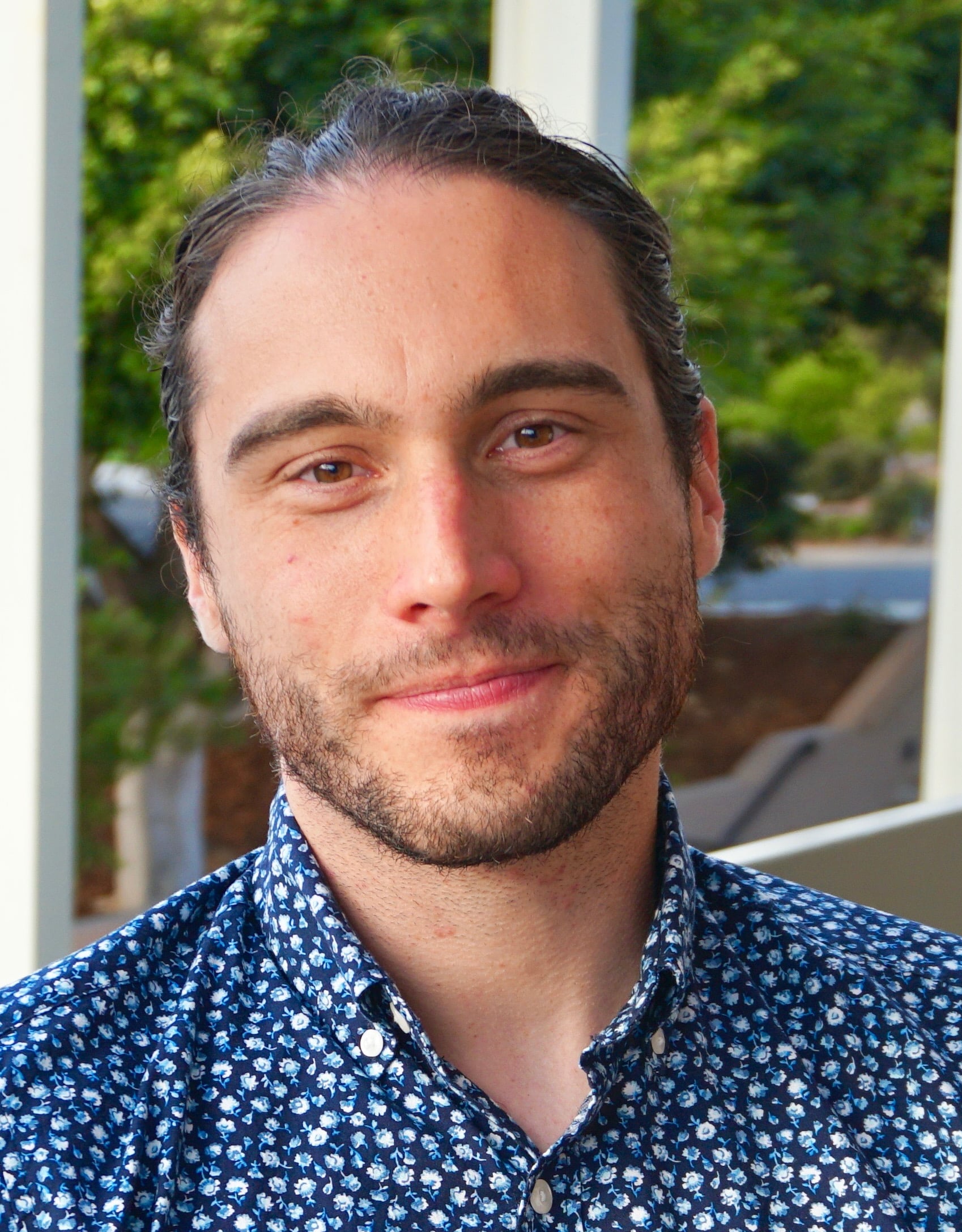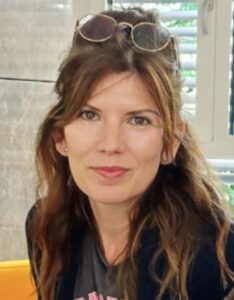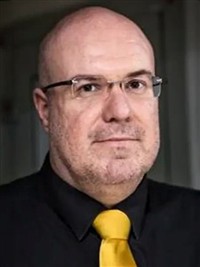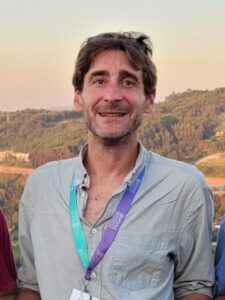Cell-Machine Interfaces to Study and Engineer Biology
Biological systems are inherently dynamic, stochastic, and complex. Traditionally, manipulating and engineering such systems in a predictable manner has been challenging, but advances in supervised machine learning have revolutionized fields like protein engineering, drug discovery, and image analysis in microscopy. Even more promising, recent developments in synthetic biology and laboratory automation have set the stage for the use of powerful frameworks such as reinforcement and active learning that directly interact with biological processes. These frameworks can not only lead to significant improvements in learning efficiency but also enable real-time, precise control of complex biological systems.
In this seminar, I will discuss my work in developing interfaces that allow computers to interact with cells directly and in real time. I will first focus on how I used recent developments in data-driven control in combination with single-cell optogenetics to dynamically drive the expression of antibiotic resistance genes in thousands of E. colicells, and study the impact of expression dynamics on growth and survival. I will also discuss recent work on using interactive learning frameworks to control multi-stable genetic circuits and growth in single cells. This research paves the way towards interactive learning platforms that actively manipulate biological systems to seek new knowledge and solutions, and opens exciting avenues for fast and sophisticated control over cellular processes and across biological landscapes.
Short bio
Jean-Baptiste Lugagne earned a Bachelor’s in Electrical Engineering and a Master’s in Signal Processing Engineering from the Grenoble Instituts Nationaux Polytechniques. After discovering synthetic biology through the iGEM competition, he switched fields and obtained a PhD in Bioengineering from Université Paris Diderot for his work on real-time control of a genetic toggle switch, which he conducted under the supervision of Profs Grégory Batt and Pascal Hersen. He then was a post-doctoral researcher at Boston University in the group of Prof Mary Dunlop, and applied his expertise to study antibiotic resistance dynamics, bioproduction, and growth regulation in bacteria. Since December 2024 he has been an Associate Professor of Engineering Science at the University of Oxford, and leads a group that works at the intersection of synthetic biology, machine learning, and control theory.
Laboratory of the speaker
Department of Engineering Science, University of Oxford
Invited by
Olivier BORKOWSKI
